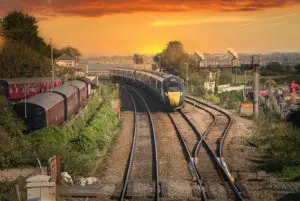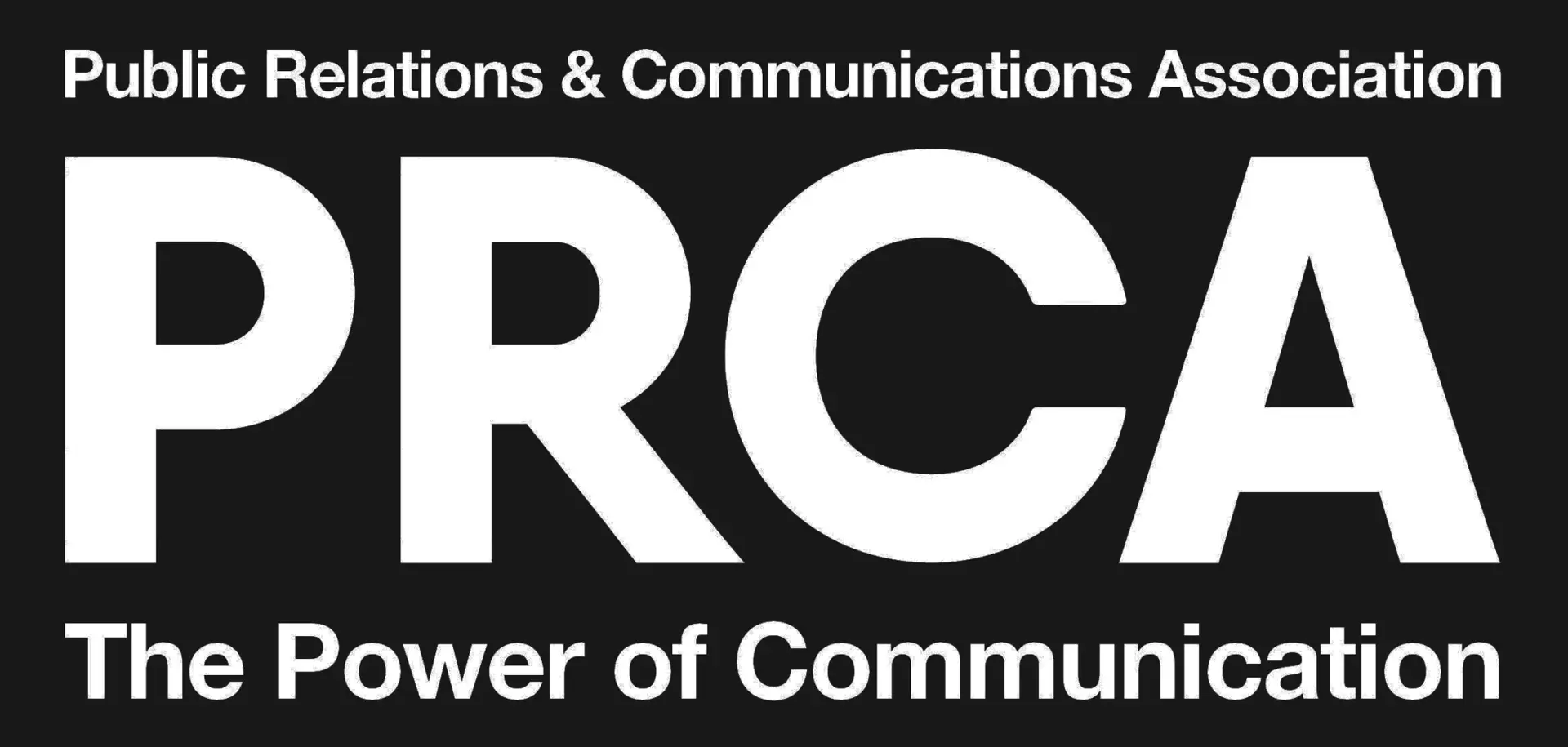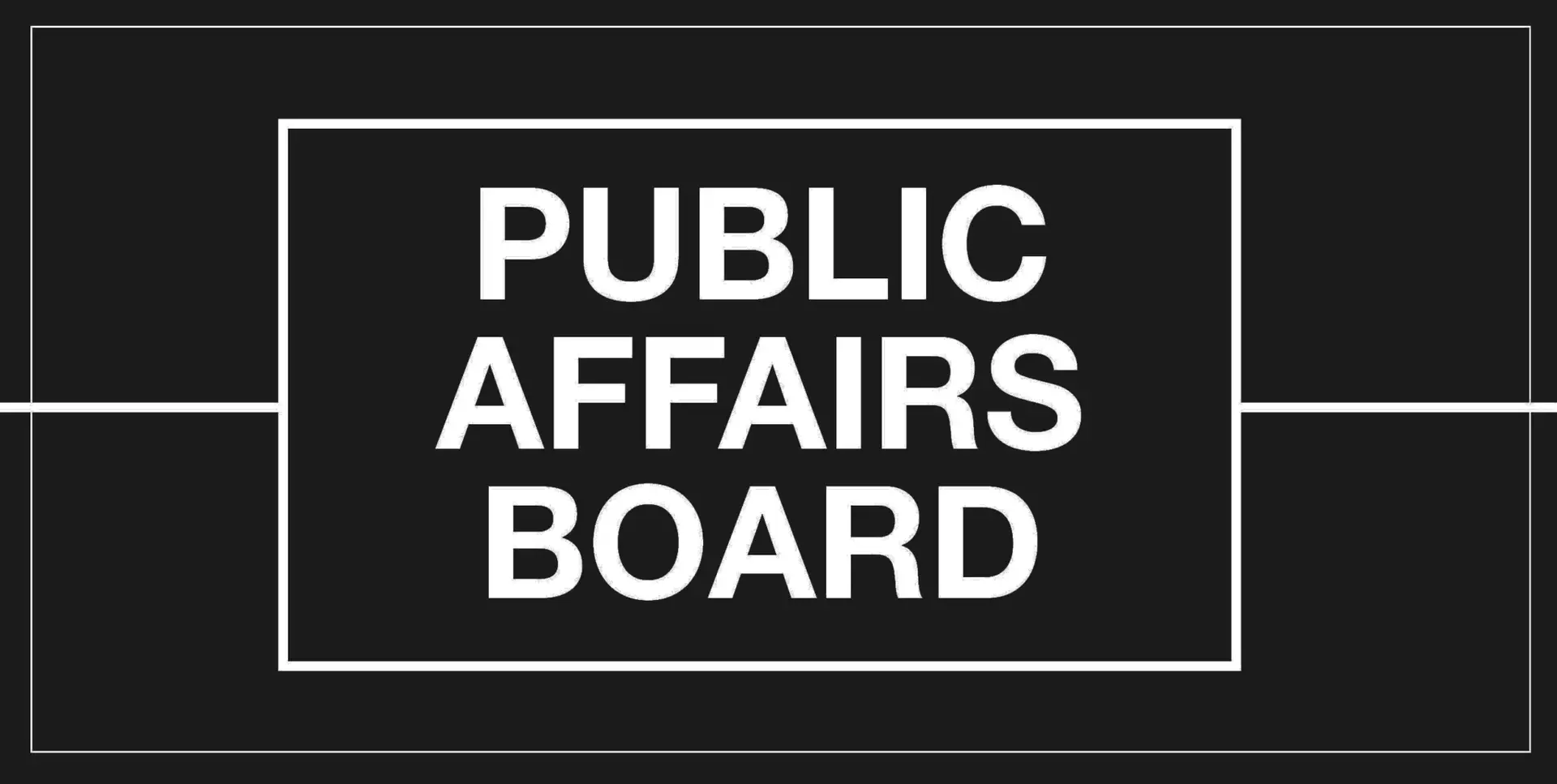Context
Since the last election, rail has become an issue of growing importance for a variety of reasons. In their 2019 General Election Manifesto, the Conservatives promised to deliver sweeping infrastructure improvements to the rail network, including building Northern Powerhouse Rail between Leeds and Manchester, investing n the Midlands Rail Hub and restoring many of the lines cut by the Beeching reforms of the 1960s.[1] However, implementation of these promises has been lacklustre, with the Government’s Integrated Rail Plan criticised as inadequate by Transport for the North (TfN)[2] and only £500 million dedicated to the Restoring Your Railway Fund, designed to reverse the Beeching cuts.[3]
Services have also come under scrutiny, with the impact of the Coronavirus Pandemic, inflation and industrial action impacting the operation of train companies. The Government has been forced to take over operation of several rail franchises, including Southeastern in October 2021, Northern in March 2020, and TransPennine Express in May 2023. Meanwhile, widespread industrial action has affected rail services since June 2022 and shows no sign of ending.
Labour Party Policy: Infrastructure
Labour frontbenchers have criticised the Government for their under-investment in the rail network and delays to the rail network enhancements pipeline, which is meant to be published every year but has not been updated since 2019.[4] In her 2022 Labour Conference Speech, Shadow Transport Secretary Louise Haigh promised a Labour Government would deliver several infrastructure improvements, including HS2 and Northern Powerhouse Rail in full, and building an ‘Elizabeth Line for the North’.[5] Further details, such as how these improvements will be funded or what improvements may be made to other parts of the network, are unclear.
Labour Party Policy: Services
The 2019 Labour Manifesto promised a Labour Government would bring railways back into public ownership.[6] After the election of Keir Starmer as Labour Leader in April 2020, it became unclear whether this remained the official Labour Policy until, in her 2022 Conference Speech, Louise Haigh announced that a future Labour Government would bring railways back into public ownership as contracts expire.
Haigh has also called for the Government to negotiate with rail employers and unions to bring an end to the ongoing rail strikes, and has accused the Government of sabotaging talks by refusing to give the train operating companies a mandate to negotiate on pay.[7]
Engaging with Labour
As the Labour Party develops its manifesto for the next General Election, organisations seeking to influence policy should be proactive in their strategies to achieve this. Direct engagement with the Labour frontbench and their advisers ensures your views are heard and indirect engagement with influential organisations such as affiliated trade unions and think tanks can help provide greater credence and drive agendas in the Labour movement.
BREVIA CONSULTING PROVIDES STRAIGHTFORWARD POLITICAL ADVICE AND SUPPORT TO BUSINESSES AND ORGANISATIONS
Discover how Brevia can help you and your organisation by contacting the Brevia Team on 020 7091 1650 or contact@brevia.co.uk
[1] Conservative Party, Get Brexit Done Unleash Britain’s Potential: The Conservative and Unionist Party Manifesto 2019, p.27, 24 November 2019, link
[2] Transport for the North, Integrated Rail Plan branded ‘woefully inadequate’, 18 November 2021, link
[3] Department for Transport, Restoring Your Railway Fund, 19 February 2020, link
[4] Tanmanjeet Singh Dhesi MP, Hansard, 14 June 2023, Col. 196WH, link
[5] Labour, Louise Haigh Conference Speech, 26 September 2022, link







